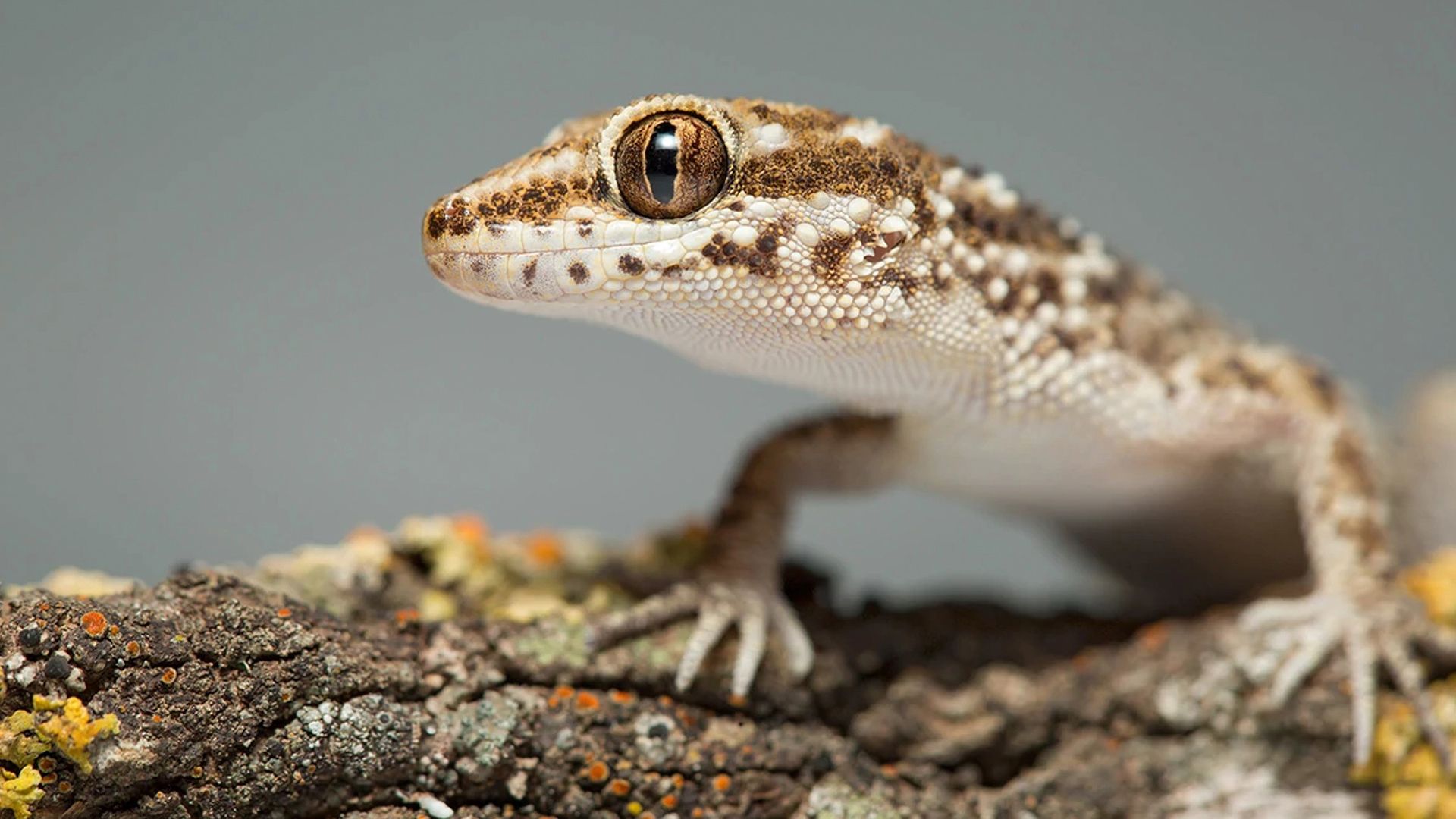One-fifth of the world's reptiles at risk for extinction
Add Axios as your preferred source to
see more of our stories on Google.

A South American marked gecko. Photo: Ignacio Roberto Hernández
More than 20% of the world's reptile species are threatened with extinction, according to a new scientific study published Wednesday.
Why it matters: Despite the critical role reptiles play in Earth's ecosystems, they've been largely left out of conservation assessments that are used to set priorities and policies to protect biodiversity.
The good news: A new global assessment indicates the threats to many reptiles — and the places where they are most at risk — overlap with those for birds, mammals and amphibians.
- Conservation efforts to protect those animals may also be helping many reptiles, especially those found in forests, the researchers suggest.
- But there are some threatened reptile species that are isolated and hundreds of others that are found outside protected areas.
Details: Habitat destruction for agriculture, urban development, logging and other factors put at least 1,829 of 10,196 reptiles species in danger, a large team of international scientists reported in the journal Nature this week.
- Turtles and crocodiles are particularly threatened, especially by hunting.
- The species at risk are concentrated in southeastern Asia, West Africa, northern Madagascar, the northern Andes and the Caribbean.
- Those found in arid habitats — deserts, grasslands and savannas — are less threatened than those in forests.
Climate change is "a looming threat" to reptiles, the scientists write. It could change the narrow temperature range of microclimates that some species have adapted to or alter the sex ratio of offspring in species' whose sex offspring is determined by temperature.
The big picture: The earliest reptiles emerged on Earth more than 300 million years ago, developing different traits as they evolved into separate species.
- "About 16 billion years of evolution will be lost if all threatened [reptile] species go extinct," study co-author Blair Hedges, who leads the Center for Biodiversity at Temple University, said in a press briefing.
- The study found 31 reptile species have already gone extinct.
- The marine iguana, found only on the Galapagos Islands, is the only living lizard in the world that has adapted to marine life. It dives in the ocean and eats algae. "It developed this unique lifestyle over about 5 million years, illustrating how much evolution can be lost if just a single species disappears," Hedges said.
What to watch: New targets for protecting biodiversity, including reptiles, will be negotiated by governments at the UN Biodiversity Conference scheduled to take place later this year.
